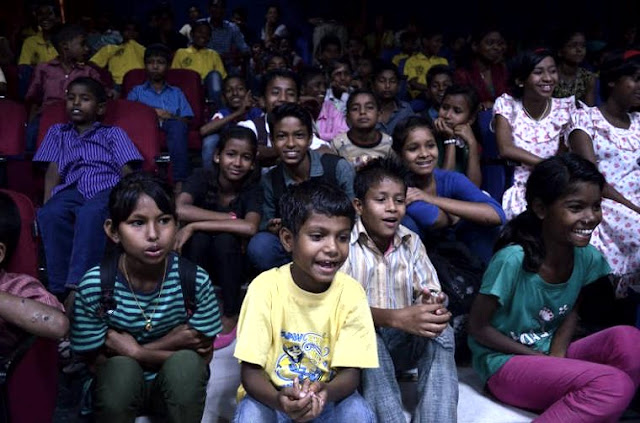Department of Justice
U.S. Attorney’s Office
Western District of Oklahoma
Five Who Purchased and Sold Children for Sex in Oklahoma City Ordered to Serve Combined 38 Years in Prison and Pay Over $635,000 in Restitution to Victims
OKLAHOMA CITY – Five defendants convicted of child sex trafficking were ordered to serve a combined 38 years in federal prison and pay over $635,000 in restitution to victims, announced Robert J. Troester, Acting United States Attorney for the Western District of Oklahoma.
According to court records, in October 2014, Maurice M. Johnson engaged in sex trafficking of two girls (aged 14 and 15) and an adult female. As soon as the 14-year-old girl was recruited, Johnson instructed her to start calling phone numbers from the escort section of the Yellow Pages to find Tonya Gay Gum, whom he knew as "Carmen." At the time, Gum operated at least twenty phone numbers listed in the escort section of the Oklahoma City Yellow Pages. The 14-year-old victim made contact with Gum and sent her photographs of herself and the adult female. After that, Gum began arranging commercial sex transactions between her established customer base (or new customers who called her phone lines) and the females under Johnson’s control. Johnson drove the girls to hotels, residences, and commercial spaces, where the customers paid in cash for sex. After each commercial sex transaction, Gum met the girls at different locations in the Oklahoma City metropolitan area to receive the proceeds, which Gum and Johnson split. They did not give any money to the victims they trafficked.
A federal grand jury indicted Johnson on December 3, 2014. He pleaded guilty to child sex trafficking on January 30, 2015, before U.S. District Judge Robin J. Cauthron. In August 2017, he was sentenced to 240 months in prison and five years of supervised release.
Gum and three customers who purchased sex with the children were indicted by a federal grand jury on June 16, 2015. On November 19, 2015, Gum pleaded guilty to conspiracy to commit child sex trafficking, also before Judge Cauthron. In August 2017, she was sentenced to 48 months in federal prison and three years of supervised release.
The three customers—William M. Baker, Trung N. Duong, and Curtis A. Anthony—purchased sex with the children in October 2014. Before their convictions, their cases went before the Tenth Circuit Court of Appeals, which held in February 2017 that they could be convicted of child sex trafficking even if they did not know or recklessly disregard a child victim’s age, so long as they had a "reasonable opportunity to view" the child victim.
On May 9, 2017, Duong pleaded guilty to conspiracy to commit child sex trafficking. On November 2, 2017, Baker also pleaded guilty to conspiracy to commit child sex trafficking. In August 2017, Judge Cauthron sentenced each of them to 24 months in federal prison, followed by five years of supervised release.
Anthony went to trial and was convicted by a federal jury on June 19, 2017, of both conspiracy to commit child sex trafficking and child sex trafficking. He was sentenced in October 2017 to 120 months in federal prison, to be followed by five years of supervised release.
All of these defendants will be required to register as sex offenders for 25 years after released from custody.
At the time of the sentencings, the court deferred a determination of restitution. Today Judge Cauthron amended the judgments and ordered all five defendants to pay $635,247 in restitution to victims, with each defendant jointly and severally liable for the full amount immediately. "Although the innocence of these children cannot be restored, we are pleased that the Court is holding the defendants responsible for paying for the future care and treatment caused by their crimes," said Acting U.S. Attorney Troester.
This case is the result of an investigation by United States Department of Homeland Security and the Oklahoma Bureau of Narcotics and Dangerous Drugs. Assistant U.S. Attorneys McKenzie Anderson and David Petermann prosecuted the case.
Department Of Justice
Trinity Mount Ministries

















